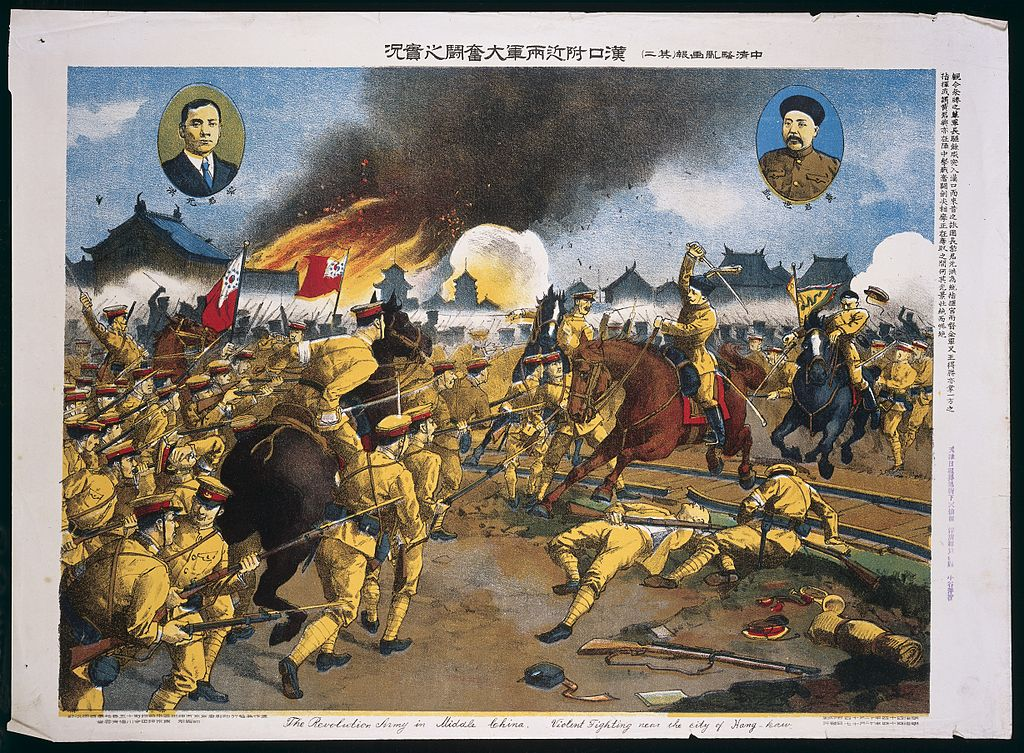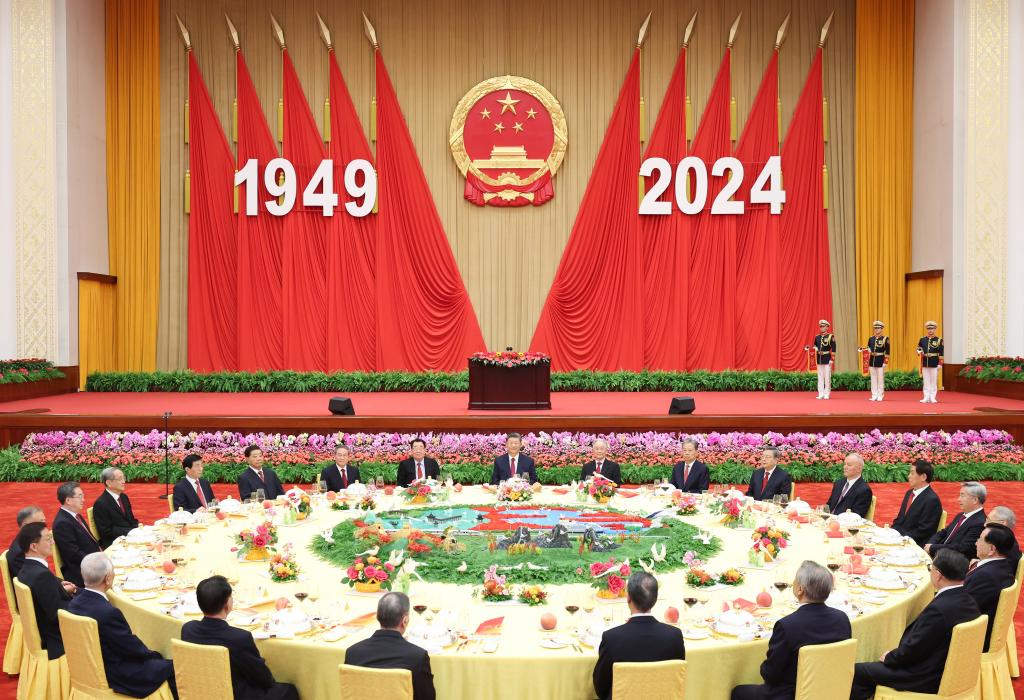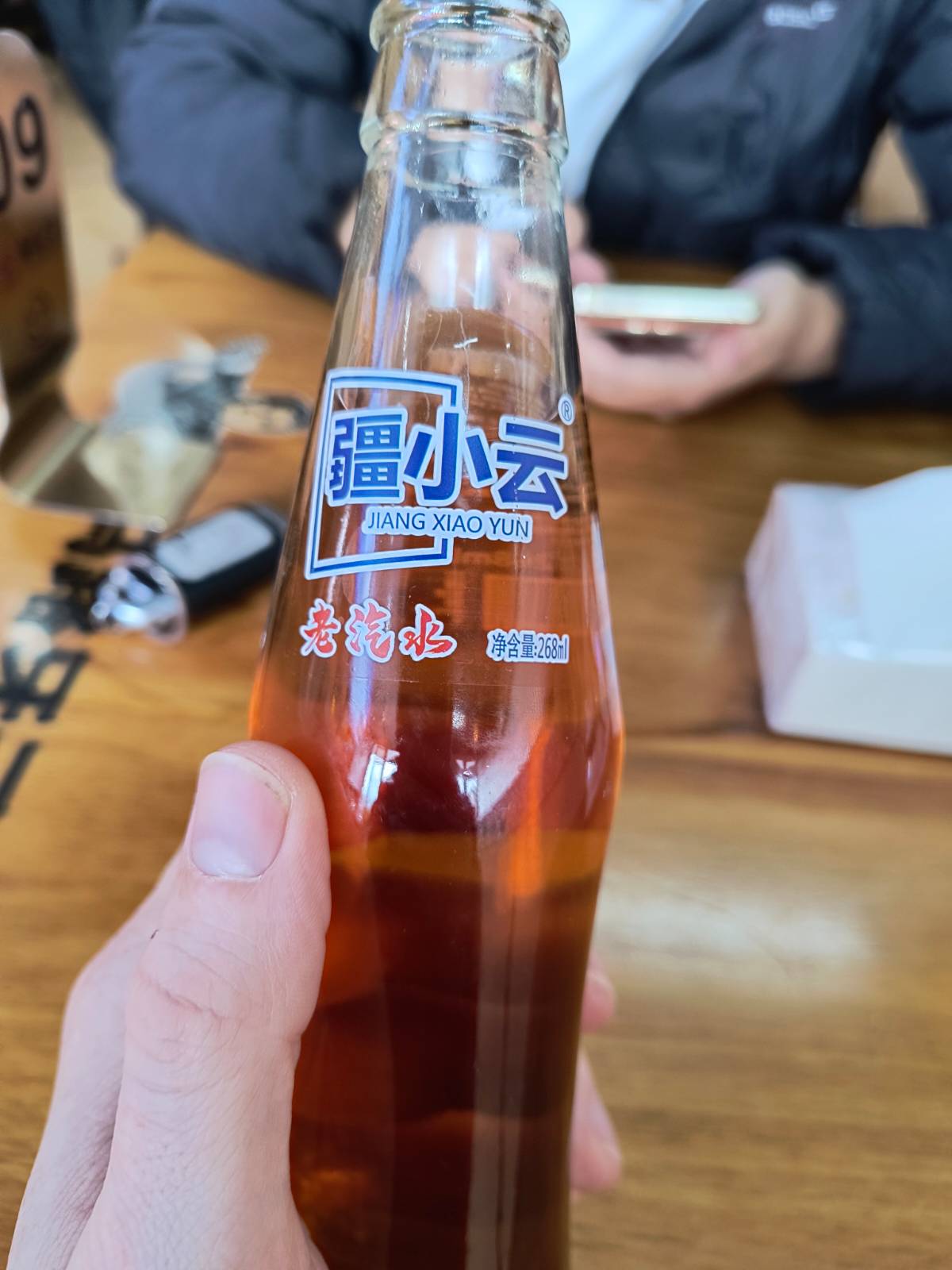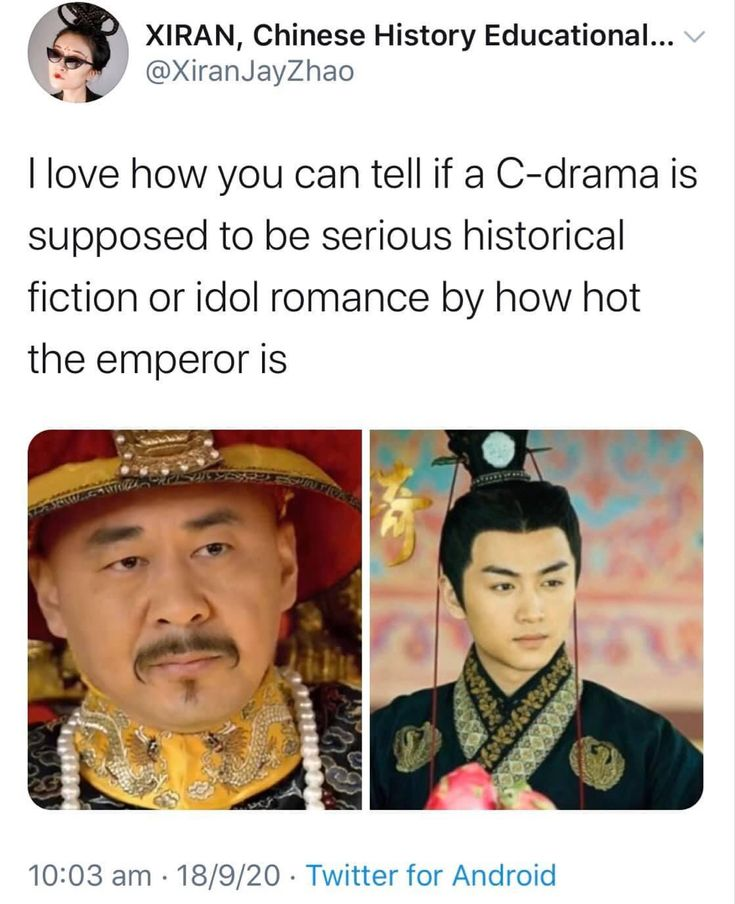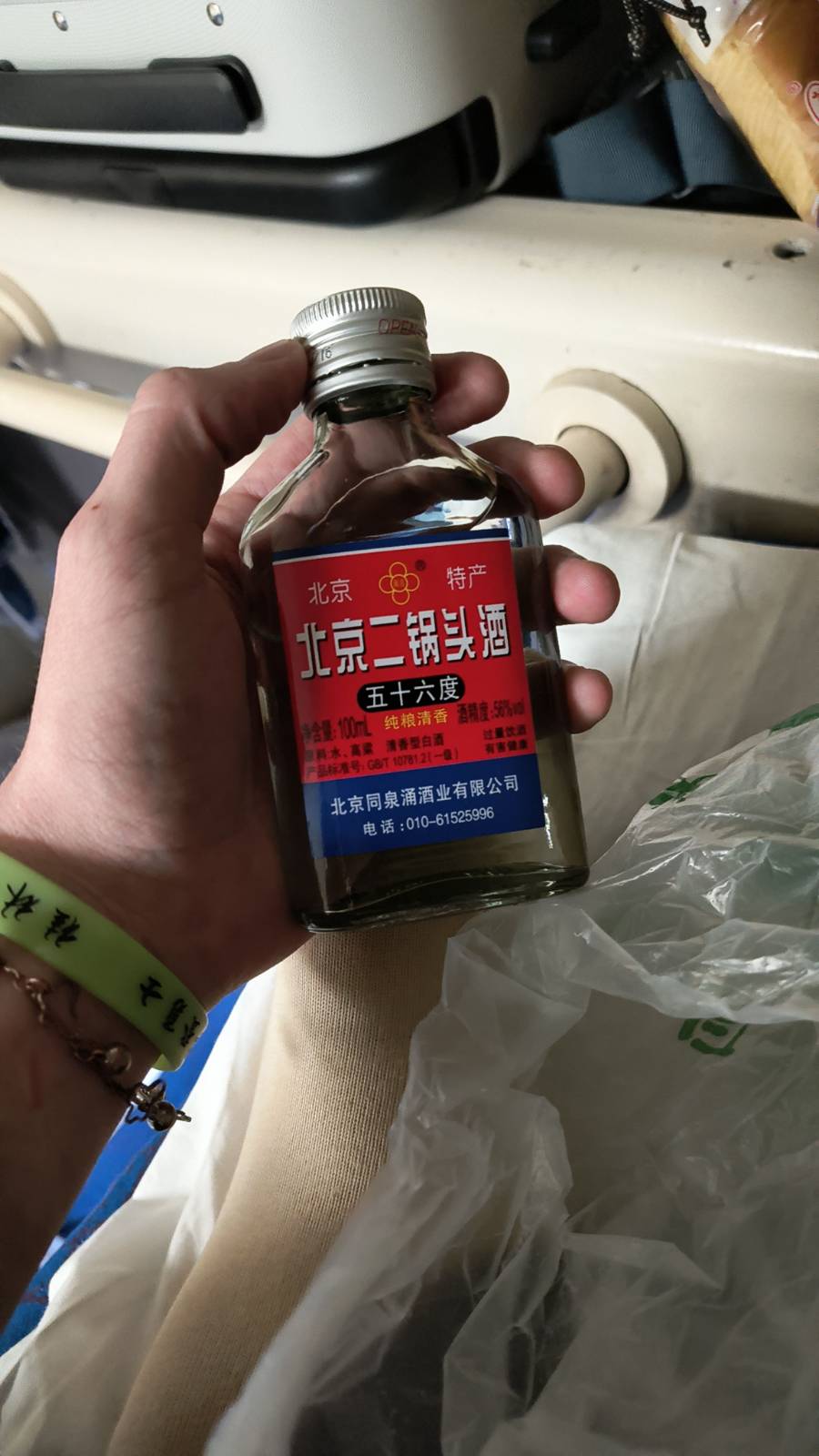Western observers often express cynicism towards China's self-proclaimed "Whole-Process People's Democracy" without fully grasping its distinct characteristics and underlying principles. While Western liberal democracies prioritize periodic elections, China argues this approach is inherently limited, susceptible to corruption, and ultimately fails to truly represent the people's will.
In contrast, the Chinese model envisions democracy as an ongoing, pervasive force woven into the fabric of governance and daily life. This "whole process" approach emphasizes continuous engagement between the government and its citizens, fostering policies that are more responsive to evolving needs guided by active public engagement rather than solely during election cycles.
The engagement manifests in institutions like the Chinese People's Political Consultative Conference (CPPCC) at the national level, where representatives from diverse social groups and regions contribute to policymaking. At the grassroots level, residents' committees and village committees empower citizens to participate in local decisions impacting their daily lives, from development projects to community services.
Furthermore, numerous channels exist for citizens to oversee government actions. These include reporting corruption or misconduct by officials and providing feedback and suggestions. Importantly, China's 100 million Communist Party members, deeply embedded within society, are tasked with understanding and responding to the needs and desires of the people, further strengthening accountability.
In practical terms, "whole-process" democracy in China fosters a culture of continuous dialogue, consultation, and collaborative problem-solving between the government and its citizens. It's an approach that prioritizes tangible outcomes over procedural adherence. The focus lies on the practical results of governance, such as "delivering sustained, stable, and sound national development," rather than solely relying on electoral processes to determine democratic legitimacy.
Originally a communist term contrasting with "bourgeois democracy," "people's democracy" highlighted the limitations of capitalist states that, despite offering formal political rights, perpetuated economic inequality and upheld the dominance of the capitalist class.
While the meaning has evolved, it retains the core principle of prioritizing the welfare and will of the masses over the interests of elites or special interest groups. As articulated in the Qiushi article, China's policies must "truly reflect the people's concerns, embody their aspirations, promote their wellbeing, and meet their desire for a better life."
Rather than viewing society as merely a collection of individuals, the society is seen as an organic entity with its own existence and importance. Just as a complex biological organism relies on a nervous system and brain to coordinate its various organs, a complex society requires a central planning mechanism to harmonize its diverse functions. This perspective underscores the article's emphasis on "fostering social harmony" as a fundamental objective of China's democratic model.
Last point, which I'm sure many of you will be asking themselves is: "yes that's all good and well, but is it really a democracy if people can't choose their rulers?"
Because the Chinese system offers numerous avenues for citizen participation in policy and governance beyond simply electing leaders, the concept of "official" differs significantly from Western notions. Within China's whole-process democracy, officials are viewed as executors of the people's needs and will, rather than detached decision-makers.
These officials are selected based on their proven track records and meritocratic exam results, not through campaign prowess or appeals to narrow interest groups. Their legitimacy stems not from electoral victory, but from their effectiveness in implementing policies that reflect and serve the public interest. This system prioritizes continuous legitimacy earned through tangible achievements, rather than periodic validation through the ballot box.
The West often champions "diversity," but frequently confines itself to superficial variations within a narrow spectrum of acceptable thought. China, however, presents a truly divergent model – a profound difference in philosophical foundation and societal structure. Rather than reacting with fear or dismissal, we should embrace this contrast. China offers an invaluable mirror, reflecting a different vision of societal organization and prompting critical self-reflection. Engaging with this alternative perspective is not merely an intellectual exercise; it is crucial for navigating an increasingly complex and interconnected world.
